Graham Reid | | 2 min read
Too Many Tears
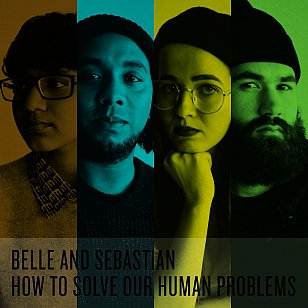
It's an interesting overview title on this compilation of Belle and Sebastian's most recent three Eps which were released at approximately monthly intervals from December.
That's because B&S out of Scotland have often dealt with human problems: some simple, others more existential, all relatable within B&S's sharply defined pop consciousness.
So here when Stuart Murdoch sings “rise above the present day” on the electro-click and comfortingly uplifting steel guitars of We Were Beautiful, he has sketched out the landscape of youthful people once excited by life but are now feeling they are now on the outside . . . . and we need to get back to that time before.
It's also a love song – because B&S allow for multiple layers and shifts of direction in their lyrics – and yes, one of their tropes is to be reflective, nostalgically romantic in their remembrances of things past.
Even the idea of EPs seems a little retro in some ways and certainly some songs – like the dreamy, almost girlie Fickle Season sung by Sarah Martin and later Best Friend, see below – they hark back to a time when pop seemed (if not was) more innocent.
Of course, B&S are not all fey insouciance, and here they again nail down some hard opinions and questions, not the least on The Girl Doesn't Get It which takes on the isolationist Britain and hammers in some in some post-Brexit anger over a danceable disco floor-filler with a coiling guitar part.
In that regard the song which follows Girl Doesn't is the gentle almost Booker T groove of the largely instrumental Everything is Now (“everything is different”) which acts as an understated bookend to the same idea.
As always they take a free-range approach to their music – recorded in a small studio without a producer – and they roam from a funky r'n'b twist on Zombies' moody She's Not There (Show Me The Sun), through the pastoral delight and escapist dream-pop of I'll Be Your Pilot, the lyrically try-hard A Plague on Other Boys and the funk-lite of Poor Boy (about romantic expectations and the promise early love not met because lovers are real people and not figments of an imagined love).
Later it is on to an acoustic folk piece (There is an Everlasting Song) which recalls the late Sixties period of their fellow Glaswegian, Donovan.
Other touchstones here might be Scritti Politti, Postcard artists, early Sixties pop singers like Dusty and girl groups (the Motown-like Best Friend again, which sings about listening to radio, so old-school, right?) .
Lotta musical and lyrical information here, as always.
As we have said a few times previously about this lovely and enduring band, if you haven't “got” Belle and Sebastian by now – they have been around since the early Nineties and have close to a dozen studio and live albums behind them -- then you don't have to worry about playing catch-up.
Because every release, and this is no exception, can be taken as a discrete offering in itself.
Doubtless that over-reaching title on this will be held against them because it is not in the nature of music to actually solve human problems.
But, and Belle and Sebastian are evidence again of this, music can make the hardships of life more bearable and sometimes even allow them to be put aside for the duration of a pop song like Cornflakes here in which the redemptive power of music and the optimistic solo Lennon-like lyrics collides gently with elevating space-pop.
And, among other things, it celebrates going out with a lover/partner into pretty Glasgow city and in its own way it celebrates love and love for Scotland as much as the Proclaimers' Sunshine on Leith.
There is sunshine in Scotland.
Gotta love that, do-ye ken hen?

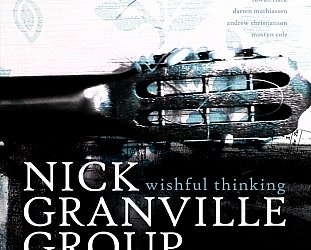
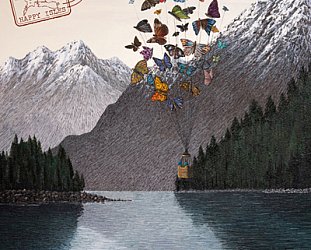
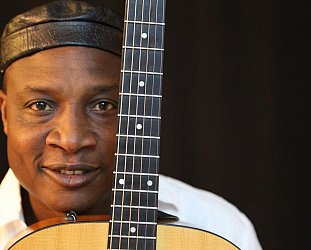
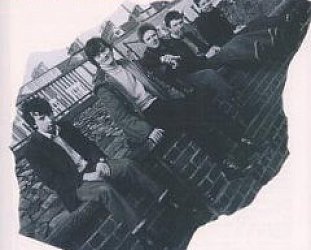
post a comment